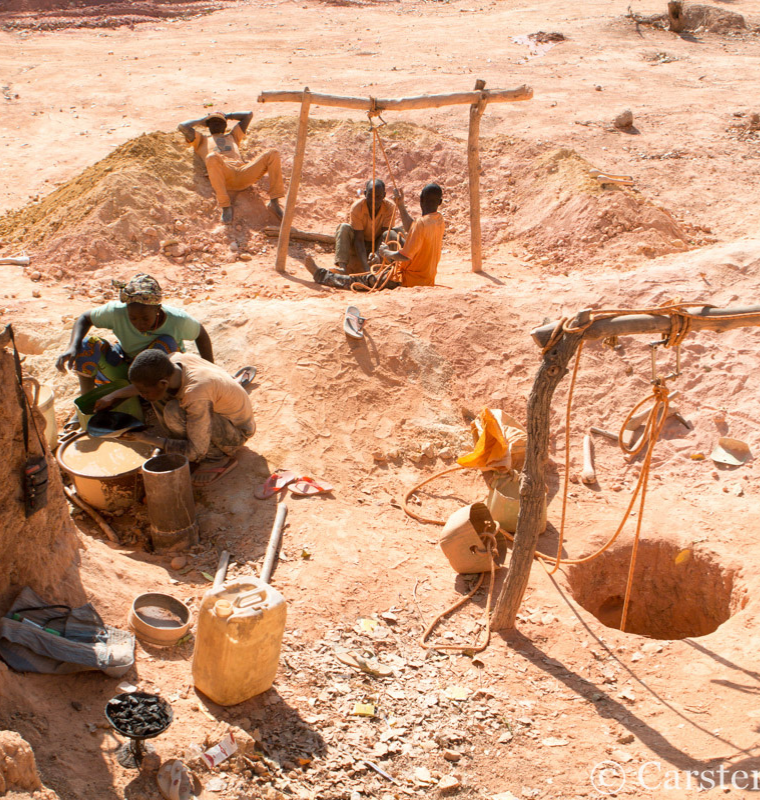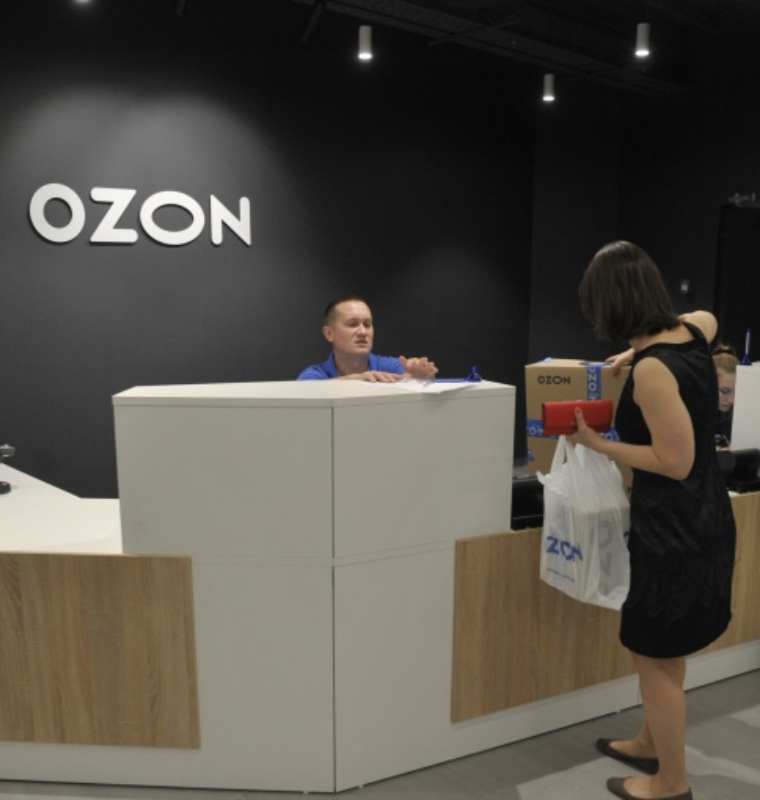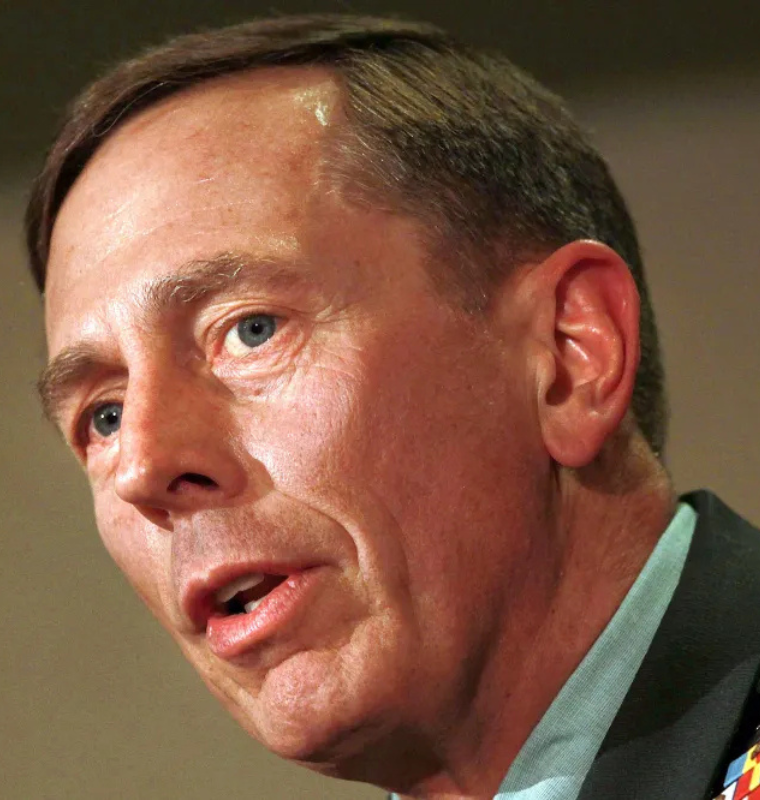Nucor CEO Supports Trump’s Tariffs, Reveals Record Order Backlog Amid Strong Steel Demand
Nucor CEO Supports Trump’s Tariffs, Reveals Record Order Backlog Amid Strong Steel Demand
By
Rachel Steinberg
Last updated:
April 30, 2025
First Published:
August 3, 2025

Source: The Business Journals
Nucor’s Strong Performance and Record Backlog
Nucor Corporation, one of the largest steelmakers in the United States, is experiencing unprecedented demand for its products, as highlighted by CEO Leon Topalian in a recent interview with CNBC’s Jim Cramer. During the discussion, Topalian shared that the company’s order backlog is at an all-time high, signaling robust market conditions and strong customer confidence in Nucor’s products.
According to Topalian, “Nucor is the largest structural fabricator in the United States.” He added that both the Nucor Yamato facility and the Berkeley beam mill are currently handling the largest backlogs in the company’s history, underscoring the ongoing demand in the steel industry.
Topalian’s comments came after Nucor reported a positive earnings surprise, with the company’s stock rising by nearly 2% following the earnings release. The company’s backlog of steel products is now 25% higher than it was at this time last year, further reinforcing the strong position of the business in the current market.
A Strong Indicator of Industry Health
The record backlog at Nucor is not simply a reflection of preorders, as many might assume. Topalian clarified that the backlog consists of business that has already been contracted, making it a reliable indicator of ongoing demand in the steel sector. “When you look at this data, it’s clear that the sector is on solid footing, and we are seeing signs of continued improvement,” he said, highlighting that the steel industry’s future looks bright, with economic conditions pointing to further growth.
Topalian believes that Nucor’s results serve as a bellwether for the entire steel industry, as the company has long been a leader in the space. As the largest structural fabricator, Nucor’s performance can often indicate trends that affect other steelmakers across the nation.
The Impact of Trade Policies and Tariffs
During the interview, Topalian also spoke favorably about the Trump administration’s trade policies, specifically its implementation of steel tariffs. These tariffs have been a key part of the broader strategy to support the domestic steel industry by reducing foreign competition and strengthening the sector’s resilience. Topalian emphasized that the rules surrounding steel tariffs take into account the broader health of the industry, ensuring that it remains robust and capable of supporting national defense needs.
“It was long overdue for these policies to be refurbished, revamped, and revised,” Topalian stated. He suggested that the steel tariffs have provided a much-needed boost to the industry, ensuring that domestic production can thrive while also protecting jobs and national security interests. The support of such policies is crucial, as the steel industry plays a pivotal role in everything from infrastructure projects to defense manufacturing.
Future Outlook for Nucor and the Steel Industry
Looking ahead, Topalian expressed optimism about the rest of the year. Despite global economic uncertainties, he sees improving signs within the economy that should help sustain demand for steel products. The continued growth of industries such as construction, automotive, and infrastructure projects bodes well for Nucor and its competitors.
Topalian also noted that while Nucor's business is thriving, the company remains committed to expanding its capabilities. With a strong order backlog and favorable market conditions, Nucor is positioning itself to capitalize on future opportunities, even as it faces global competition and fluctuating raw material prices.
A Resilient Industry with Room for Growth
Nucor's record backlog and strong earnings are a testament to the health of the steel industry, which continues to benefit from robust demand and favorable trade policies. The company’s growth and performance serve as an encouraging sign for the broader sector, as economic recovery efforts and infrastructure investment drive demand for steel. As Nucor and other steelmakers navigate these favorable conditions, the future of the industry looks promising, especially with the backing of tariff policies that support domestic production.
Popular articles
Subscribe to unlock premium content
The Rise of Ultra-Luxury Wilderness Retreats in Siberia for High-Net-Worth Investors

Remote Himalayan Villages Transforming Ancient Traditions into Lucrative Wellness Ventures

The New Frontier of Investment in African Artisan Mining Communities

The Rise of Ultra-Luxury Wilderness Retreats in Siberia for High-Net-Worth Investors

Remote Himalayan Villages Transforming Ancient Traditions into Lucrative Wellness Ventures

The Rise of Ultra-Luxury Wilderness Retreats in Siberia for High-Net-Worth Investors









